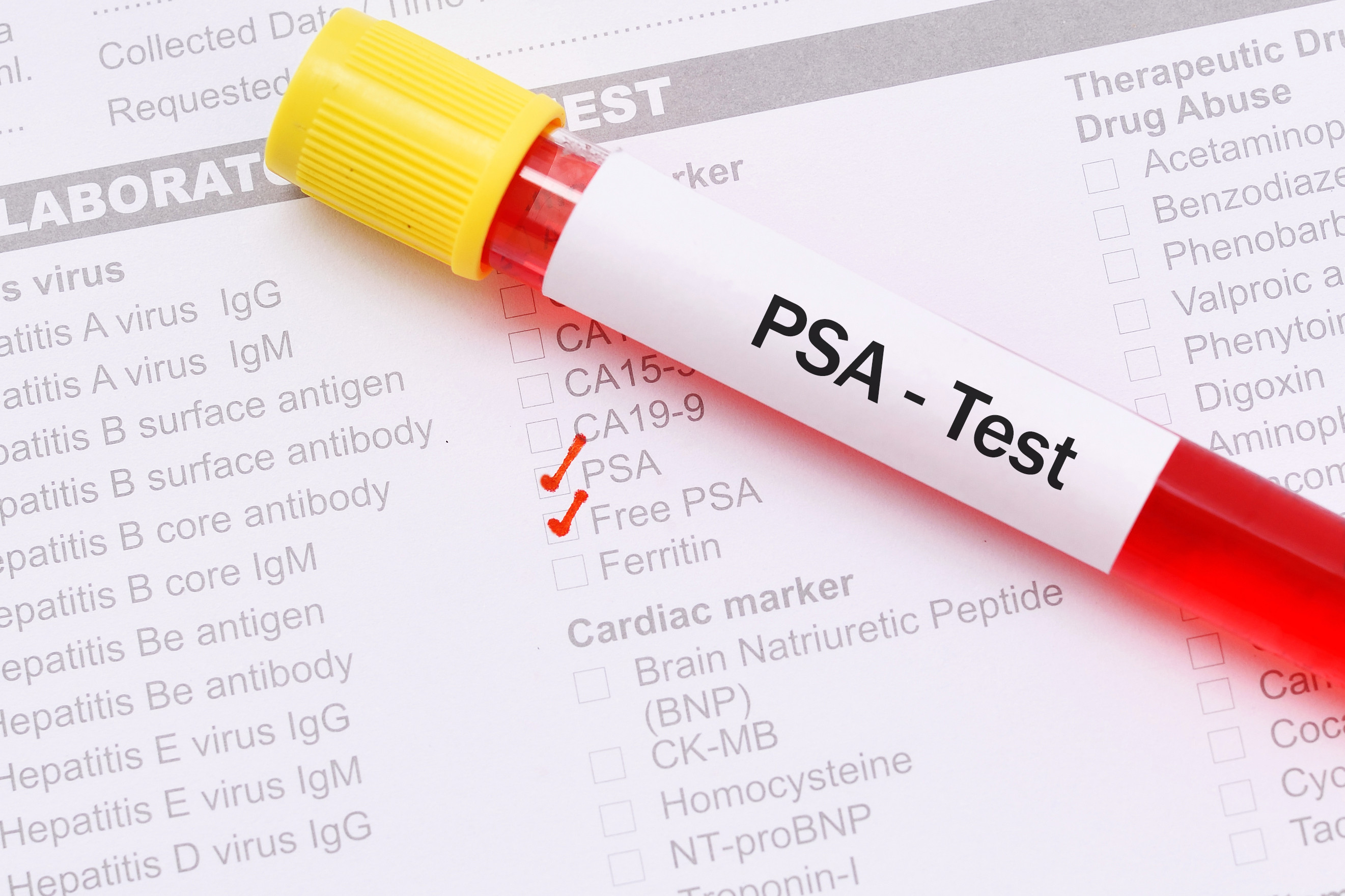
Wildfires: How to cope when smoke affects air quality and health

What can magnesium do for you and how much do you need?

Dry socket: Preventing and treating a painful condition that can occur after tooth extraction

What happens during sleep �� and how to improve it

How is metastatic prostate cancer detected and treated in men over 70?

Could biofeedback help your migraines?

What is autism spectrum disorder?

Plantar warts: Options for treating this common foot condition

Cancer survivorship: What comes next after treatment

Nutritional yeast: Does this savory, vegan seasoning pack a nutritional punch?
Men's Health Archive
Articles
As coronavirus spreads, many questions and some answers
Readers have many questions about the new coronavirus (COVID-19). We have enlisted one of our experts on infectious disease to answer some of them.
Five healthy habits net more healthy years
Following five healthy lifestyle habits has been shown to extend life expectancy. Better still, a recent study suggests the added years are more likely to be free of illness or disease.
Infertility the second time around
If you have a child and wish for more but are struggling with fertility issues, you may have many feelings and concerns. Here are some steps and strategies you may find helpful.
The option of prostate cancer surgery
Is surgery the best choice to treat your prostate cancer? Here's what you need to know.
There are many ways to deal with a prostate cancer diagnosis. You might choose the wait-and-see approach of active surveillance for low-risk disease, in which you monitor your condition and only treat if the cancer becomes more aggressive. In terms of treatments, you can opt for radiation therapy, which attacks cancer cells, or androgen deprivation therapy, which tries to slow cancer growth by shutting down testosterone production.
The remaining option is radical prostatectomy: surgery to remove the entire prostate gland. While this is the most invasive approach, it's the right choice for some men.
10 diet & exercise tips for prostate health
"What can I eat to reduce my risk of developing prostate cancer?" This is one of the most common questions physicians hear from men concerned about prostate health. Undoubtedly, many hope that their doctor will rattle off a list of foods guaranteed to shield them from disease. Although some foods have been linked with reduced risk of prostate cancer, proof that they really work is lacking, at least for now.
Aim for a healthy eating pattern
Instead of focusing on specific foods, dietitians, physicians, and researchers tout an overall pattern of healthy eating �� and healthy eating is easier than you might think. In a nutshell, here's what experts recommend:
What does blood in my semen mean?
On call
Q. I've noticed blood streaks in my semen twice over the past 10 days. Is this a sign of something serious?
A. When a man sees blood in his ejaculate, his initial thought is cancer. But the reality is that bloody semen rarely is a sign of cancer.
Prostate cancer and your sex life
Undergoing treatment and managing the condition can lower libido and lead to erectile dysfunction.
Considerable emotional and mental processing comes with a prostate cancer diagnosis. "Prostate cancer strikes a personal part of a man's body, and for most, it is a glaring sign of aging and a reminder they are not as young as before," says Dr. Mark Pomerantz, an oncologist with Harvard-affiliated Dana-Farber Cancer Institute.
Then there is the stressful decision about treatment. Yet many men don't realize how much their choice may influence their sex life.
Mushrooms may protect against prostate cancer
In the journals
A study published online Sept. 4, 2019, by the International Journal of Cancer showed a possible connection between regular mushroom consumption and a lower risk of prostate cancer.
The researchers recruited more than 36,000 men ages 40 to 79. They recorded various health information, such as physical activity, family and medical history, and diet. Information on diet included 39 foods and beverages. The men were then followed for a period ranging from 13 to almost 25 years.

Wildfires: How to cope when smoke affects air quality and health

What can magnesium do for you and how much do you need?

Dry socket: Preventing and treating a painful condition that can occur after tooth extraction

What happens during sleep �� and how to improve it

How is metastatic prostate cancer detected and treated in men over 70?

Could biofeedback help your migraines?

What is autism spectrum disorder?

Plantar warts: Options for treating this common foot condition

Cancer survivorship: What comes next after treatment

Nutritional yeast: Does this savory, vegan seasoning pack a nutritional punch?
Free Healthbeat Signup
Get the latest in health news delivered to your inbox!
Sign Up











